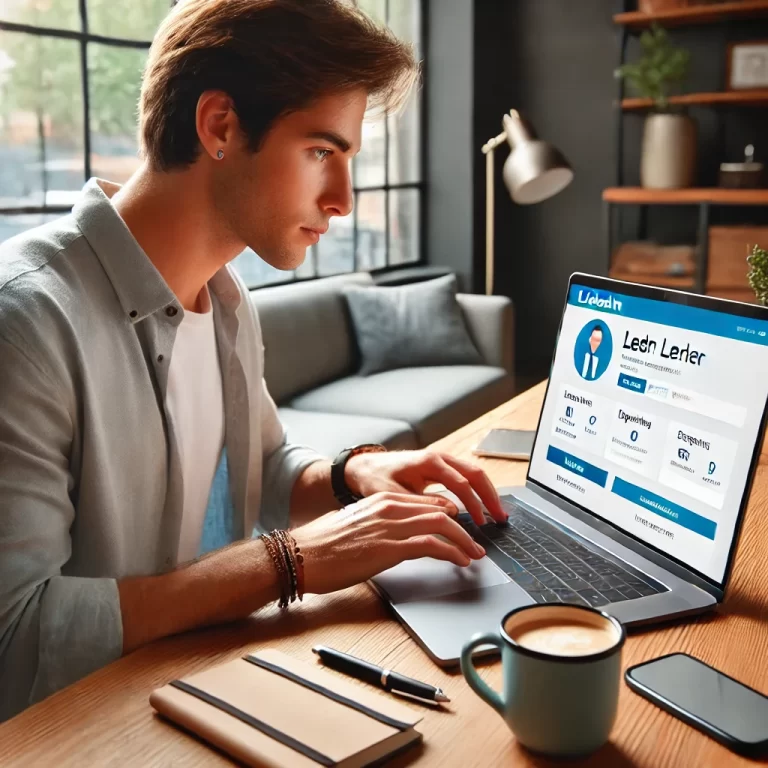Top 10 HR Interview Questions and How to Answer Them

HR interviews are an essential part of the hiring process, as they assess your personality, communication skills, and cultural fit for the company. To ace an HR interview, it’s important to prepare for common questions that interviewers frequently ask. Here’s a guide to the top 10 HR interview questions and how to answer them effectively.
1. Tell Me About Yourself
Why it’s asked: This question allows the interviewer to get to know you beyond your resume.
How to answer: Start by briefly discussing your educational background, key skills, and relevant experience. Finish by explaining why you are excited about this specific opportunity.
Example: “I graduated with a degree in Computer Science, where I developed a passion for coding and software development. I interned at XYZ Company, where I gained hands-on experience with front-end technologies. I’m particularly excited about this role because it aligns with my skills in software development and my passion for problem-solving.”
2. Why Do You Want to Work Here?
Why it’s asked: Interviewers want to see if you’re genuinely interested in the company and the role.
How to answer: Research the company’s mission, values, and recent projects, and link them to your skills and career goals.
Example: “I admire your company’s commitment to innovation and your focus on sustainability. Your recent project on [mention specific project] caught my attention, and I’m excited about the opportunity to contribute to such initiatives.”
3. What Are Your Strengths and Weaknesses?
Why it’s asked: This question assesses self-awareness and how well you can handle constructive criticism.
How to answer: Choose strengths that are relevant to the job and provide examples. For weaknesses, pick something you’re actively working to improve.
Example: “One of my strengths is my attention to detail, which helps me deliver accurate and high-quality work. A weakness I’ve been working on is my tendency to overthink decisions, but I’ve learned to trust my instincts more and seek feedback when necessary.”
4. Where Do You See Yourself in 5 Years?
Why it’s asked: Interviewers want to gauge your long-term goals and whether they align with the company’s growth.
How to answer: Show that you’re committed to personal and professional growth within the company.
Example: “In five years, I see myself taking on more responsibilities, leading a team, and contributing to the company’s success by leveraging my technical expertise.”
5. Why Should We Hire You?
Why it’s asked: This question tests your confidence and ability to pitch your skills effectively.
How to answer: Summarize your skills, experience, and qualities that make you a great fit for the role.
Example: “I have the technical expertise and problem-solving skills required for this role, and I’ve demonstrated my ability to work in a team and deliver results under pressure during my internships. I believe I can make an immediate impact.”
6. Tell Me About a Time You Faced a Challenge and How You Overcame It
Why it’s asked: This question tests your problem-solving abilities and resilience.
How to answer: Use the STAR method (Situation, Task, Action, Result) to structure your answer.
Example: “During my internship, I was tasked with completing a project within a tight deadline. I managed my time by prioritizing tasks and collaborating with my team to streamline processes. As a result, we finished the project ahead of schedule.”
7. What Motivates You?
Why it’s asked: Interviewers want to understand what drives you to perform at your best.
How to answer: Be genuine and focus on factors that align with the role.
Example: “I’m motivated by the opportunity to solve complex problems and learn new skills. I thrive in dynamic environments where I can work on challenging projects and collaborate with others.”
8. How Do You Handle Stress or Pressure?
Why it’s asked: This question assesses how well you manage challenges and deadlines.
How to answer: Share strategies you use to stay calm and focused during stressful situations.
Example: “I stay organized by breaking tasks down into manageable steps and prioritizing them. I also practice mindfulness to stay focused and reduce stress.”
9. Why Did You Leave Your Last Job?
Why it’s asked: Interviewers want to understand your reasons for leaving and whether they align with the company’s values.
How to answer: Be honest but diplomatic. Focus on your desire for growth and new opportunities.
Example: “I’m looking for a role that allows me to work on more challenging projects and expand my skill set, which I believe this position offers.”
10. Do You Have Any Questions for Us?
Why it’s asked: This gives you a chance to demonstrate your interest in the company and role.
How to answer: Prepare thoughtful questions about the company culture, team structure, or growth opportunities.
Example: “Can you tell me more about the team I’ll be working with? What are the key challenges the team is currently facing?”





